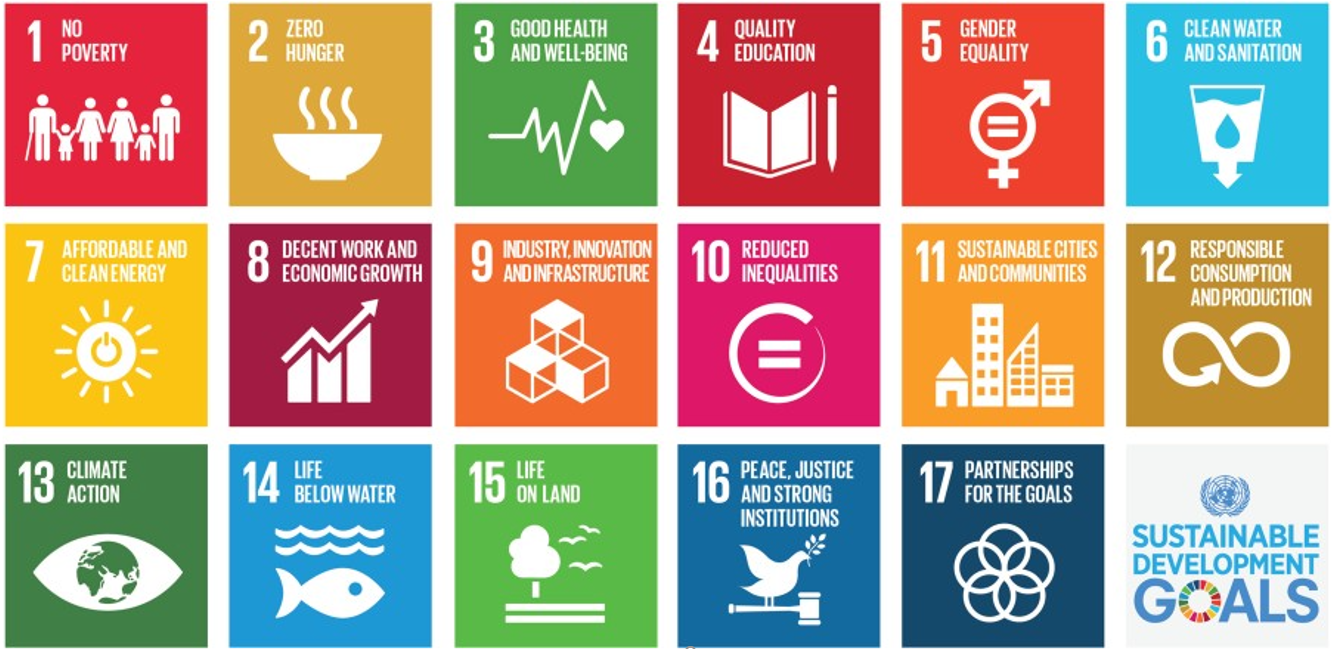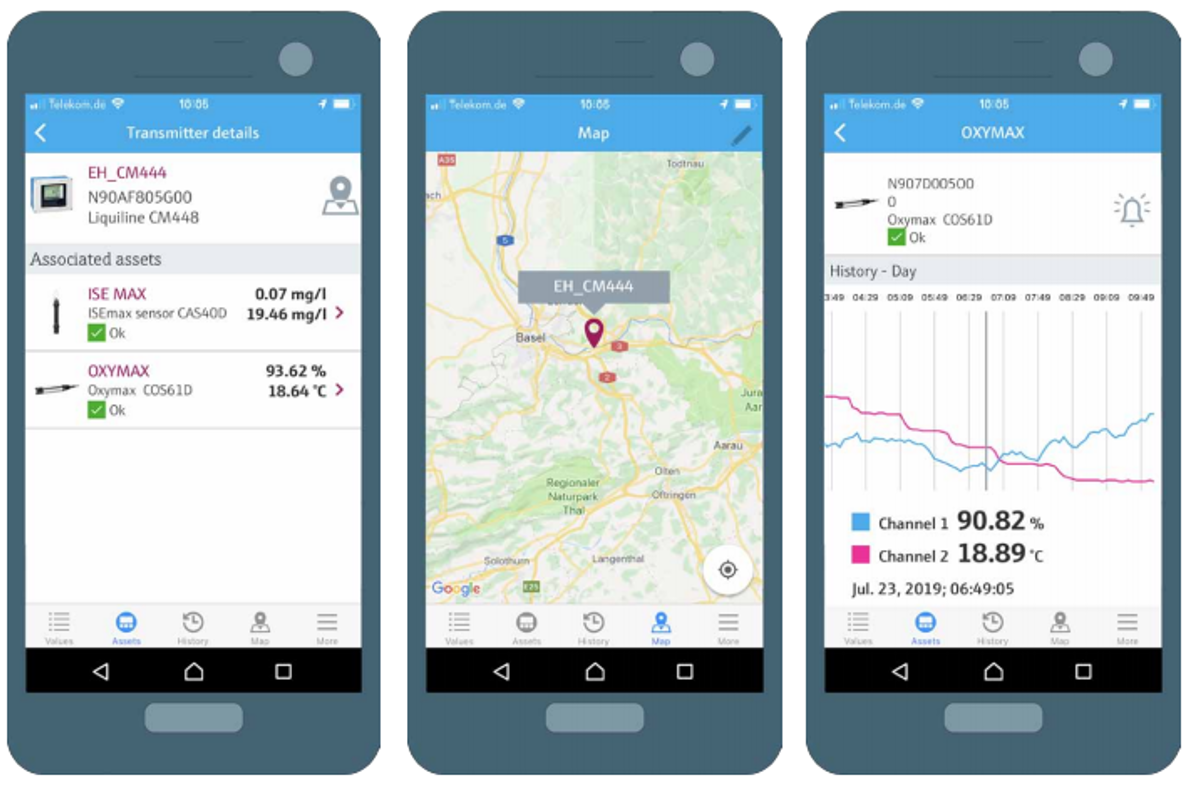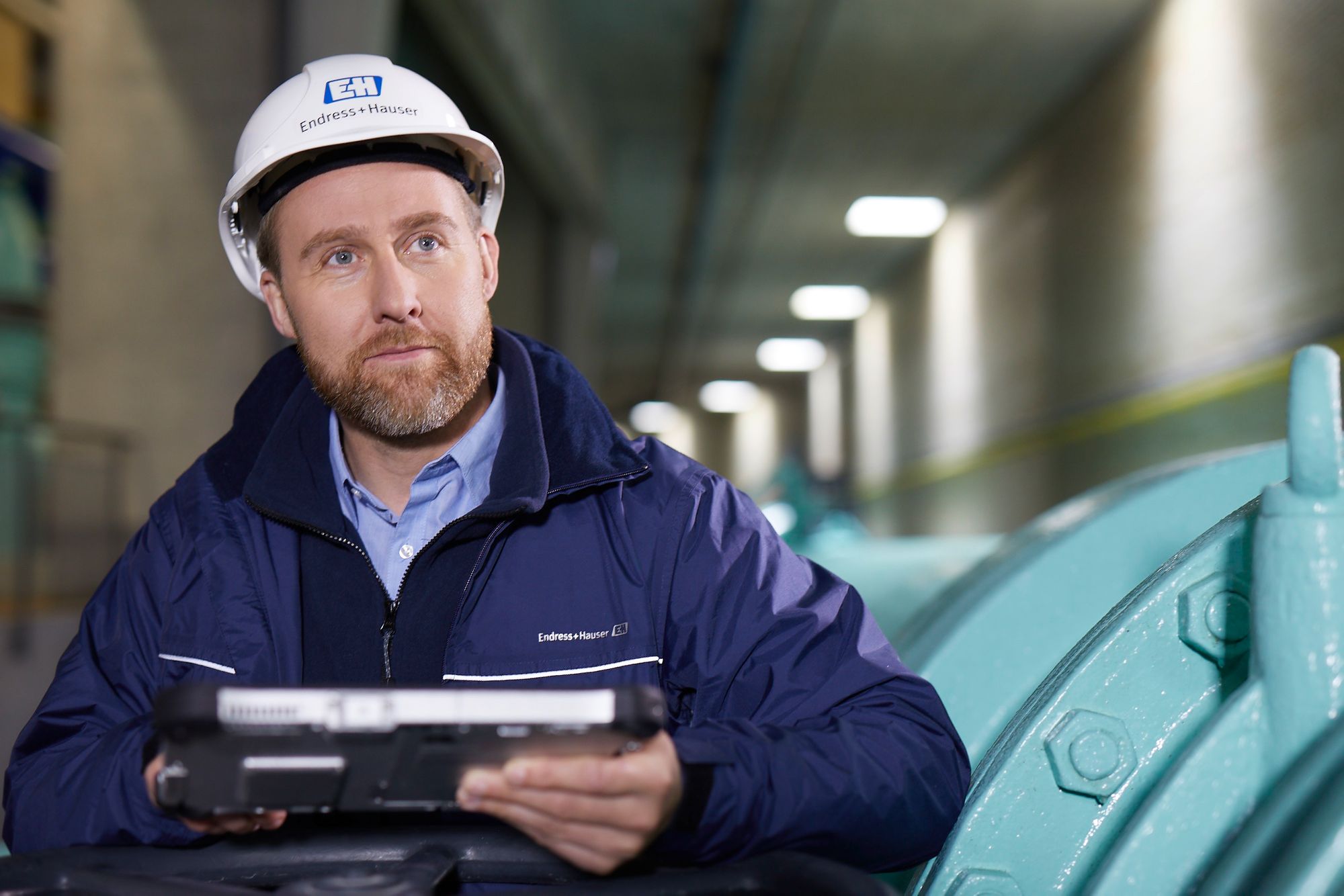Industrial IoT for good
Digitalization develops solutions to shape, monitor and govern sustainability. Cutting-edge technologies in manufacturing and concepts like the IIoT have the potential to contribute to sustainability.
Necessity of IIoT
The Organization for Economic Cooperation and Development (OECD) in its Environmental Outlook to 2050 forecasts the world`s population will grow by 3 billion people. This means almost half of today`s population will be added in the next 30 years.
This growth will increase demand on agricultural and animal products. Manufacturing will require 400% more water and up to 140% more electricity compared to the year 2000.
The World Bank Group report What a Waste 2.0 shows that in 2016, global waste generated 1.6 billion tons of carbon dioxide, 5% of the world’s total emissions. Considering the projection that annual global waste will increase 70% by 2050, establishing a circular economy is crucial to reduce environmental damage.
To cope with these numbers, we need to create a sense of urgency and take effective, timely and precise actions. In 2015, the UN General Assembly announced 17 sustainable development goals and planned specific actions. This initiative complements the World Economic Forum (WEF) Digital Economy and Society System initiative, which aims to shape a sustainable and trustworthy digital future.

IIoT solutions may not be the first clean tech you think of, but the possibilities they offer can be indispensable to the industry. The Internet of Things Guidelines for Sustainability from the WEF presents the results of the investigation of 643 IoT applications, and 84% of the use cases could potentially address the UN’s goals.
Tool for wonderful things
Steve Jobs said, “Technology is nothing. What`s important is that you have faith in people, that they’re basically good and smart – and if you give them tools, they’ll do wonderful things with them.”
IIoT is one of the tools we can do wonderful things with. Its technology can be a game changer for economic, environmental and social sustainability in the industry.
IIoT is the extension and use of the Internet of Things in industrial sectors and applications. At its core, IIoT is about measuring and accessing information remotely at any time and anywhere. It connects “things,” making them reachable and visible.
Thanks to IIoT, data becomes visible throughout the value chain, which gives companies new ways to improve sustainability, such as reducing waste, cutting costs and increasing machine lifetimes without compromising commercial viability.
Smarter production sites
In the age of digital transformation, cutting-edge technologies promise disruption in almost every industry. According to research by McKinsey, the average lifespan of companies decreased from 61 years in 1958 to 18 years in 2011.
Company survival has never been so challenging. An article from the 3rd International Conference on Smart City Applications emphasizes that companies must transform through technology or be overrun by rivals who lead in digital transformation.
Remaining competitive while supporting sustainability is a dilemma for many companies. IIoT solutions can help answer questions such as “How do you increase profits by doing more with less?” and “How can you reduce negative environmental impacts and increase positive social impacts?”
Data availability throughout the value chain of a product creates efficient business effects while contributing to economic, environmental and social sustainability.
Although it’s still new, IIoT influences have become more tangible. We’ve gone beyond visions and future scenarios to put real applications in place. Concrete use cases show us how to operate more efficiently with data transparency, resource efficiency and sustainable energy.
Endress+Hauser Group (a family-owned Swiss company and leading instrumentation supplier worldwide) sets an example in the industry by helping customers reach sustainability goals and contributing to their commercial viability.
Sustainability is deeply rooted in the company’s culture and assessed annually by EcoVadis, one of the world’s most trusted providers of business sustainability ratings.
Matthias Altendorf, CEO of Endress+Hauser, explains their sustainability goals: “We help our customers to increase their resource efficiency, reduce CO2 emissions, avoid waste and improve the circular economy through outstanding measurement technology and automation solutions.”
Example: aquaculture smart system
Fish farmers face many challenges. They need to keep their fish stock in good condition but must provide competitive prices to stay in business. Monitoring water quality can improve fish health, reducing mortality by up to 40%.
The Office for Forests in Basel (Amt für Wald beider Basel) runs a fish farm in Giebenbach to enrich natural fish stocks in public waters, such as healthy salmon to repopulate the Rhein River. Beside its environmental importance, the initiative is also important from an economic perspective, as one genetically healthy salmon produces 10,000 eggs and each egg has a value of about 1.10 USD.
In the past, managers evaluated the water quality in breeding tanks once a day by driving to the remote farm and testing the tanks manually. To avoid transferring diseases, they had to monitor selected tanks separately, which made the task even more time consuming and resulted in unreliable data.

Now the Office uses an IIoT solution called Netilion Smart Systems for Aquaculture. The application consists of sensors, an edge device for connectivity and a mobile app. This system measures the conditions of the water continuously, with any problems popping up as notifications on the mobile app.
For instance, one notification over the weekend alerted them to a low oxygen level. They discovered and remedied a blocked pipe before any fish died. In the past, they would’ve lost stock because they only checked the tanks during the week.
This use of an IIoT solution provides environmental, economic and social sustainability:
- Environmental sustainability – fewer dead fish; more diversity in the Rhein; lower carbon footprint by reducing the number of drives out to the farm
- Economic sustainability – more control over food stock; less food waste; less driving fuel
- Social sustainability – more healthy fish to eat; lower prices available
IIoT solutions can contribute to sustainability in many other ways, such as maintenance throughout the lifespan of an asset. With assets connected to an IIoT ecosystem, predictive maintenance becomes possible.
As mentioned in an Elsevier article on Industry 4.0, predictive maintenance reduces costs and waste by prolonging asset lifespans and reducing the need for replacements.
Social desirability and acceptance of IIoT solutions
People accept change and change their behavior in turn only if they trust the source of the change. The Springer article “Sustainability in a Digital World Needs Trust” has some interesting insights regarding this matter. Everything from personal security to employment in a digital world requires social acceptance and social sustainability, which is based on trust.
As explained by Richard Edelmann, “We have moved beyond the point of trust being simply a key factor in product purchase or selection of employment opportunity; it is now the deciding factor whether a society can function.”
Many industrial companies are still wary of IIoT technologies, so audited and certified platforms have arisen to establish that trust. As an example, EuroCloud, an independent non-profit organization, offers cloud-service certification with the support of more than 500 accredited professionals worldwide.
Customers and users benefit from accountable quality assessments, audits and annual certification of their cloud services.
Additionally, frameworks such as ISO 270001 Information Security Management, ISO 20000 Service Management System, Swiss DSMS Data Security Management System and GDPR help IIoT ecosystems build more trust.
Risks of IIoT solutions
Although IIoT solutions offer many benefits, as with all things, they also bring risks, like digital pollution.
Producing and delivering digital products requires significant energy, thereby increasing carbon dioxide emissions, as discussed in the article “Sustainability in a Digital World Needs Trust”. Surprisingly, The Shift Project has found that digital technology pollutes more than the aviation industry, at 4% of global GHG emissions.
We must keep in mind that digital products are not carbon-light while producing, delivering and using them. We should also try to reduce their pollution with effective energy use.
In the WEF report “Internet of Things Guidelines for Sustainability,” most of the investigated IIoT use cases contributed to UN’s sustainable development goals. Therefore, their sustainability potential outweighs their risks, and they should be considered necessary in the industry.
If you learned something useful from this article, please share it with your colleagues on social media using the #Netilion tag.
Stay safe, and have a good one!



